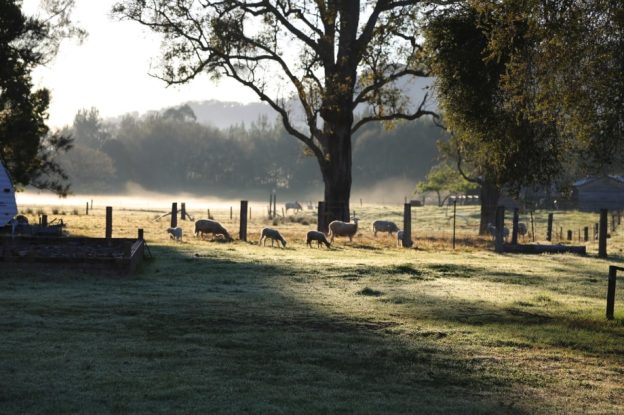Over-reliance on wormer is a bad strategy for livestock farmers, especially with sheep and cattle. What it can do is boost immunity to the wormers, making them less effective. It can also mean animals struggle with worms that are anthelmintic resistant. Plus, it is costly to deworm regularly.
It is a much better option to look at grazing and animal management. Changes here could reduce the need for deworming. In fact, it could mean you can use dewormers sparingly while still maintaining excellent animal health and production levels.
What to do?
The major issue with many farms is they overstock and don’t rotate grazing effectively. What can happen here is animals are more likely to ingest worms because of a higher burdern on the pasture. The biggest risk is if there are so many animals that they overgraze and have to stand for too long. They are more likely to come in contact with worms in these cases.
A good option here is to begin by reducing stock density. It can mean fewer animals on each piece of pasture. That alone can reduce the risk of overgrazing and the worm burden.
In addition, it is a wise idea to break up land into separate paddocks. You can then rotate grazing more efficiently, ensuring animals don’t spend too long on each piece of land. Doing this can also give enough time for pasture to rest and replenish before animals come back around.
Rotational grazing is particularly important with young animals. If you do it properly and give paddocks enough rest time, you could find that lambs and calves can go several months before getting to pasture that has been grazed in the season. It can reduce the risk of infestations among some of the most vulnerable animals and the need to use wormer.
Faecal egg testing (FET) is also vital here. It is a good idea to do tests prior to moving animals to a new paddock. It can ensure they are free from worms before you move them to a clean piece of land.
This kind of approach is great for the animals and soil health. It is more involved than standard grazing and worming, but the benefits are clear to see. It is also a good idea to reduce reliance on antibiotics too. That will help to ease the risk of animals building a tolerance.
Speak to us about wormer if you need it
At JS Hubbuck Ltd we know how important wormers can be. However, we also know the cost and downside of using them incorrectly. That is why we give people in the agricultural industry useful advice like the details above. We want farmers to be able to use them sparingly and with the best results. It is a better option for the animals, land, and farmers.
If you do have worm problems, we can advise you on what wormer to use. There are several options, including white, clear, yellow, purple, and orange. The first three are for cattle. Sheep can use all five.
So, contact us today for advice about deworming and more. Then, if you need any wormers we can supply them.

